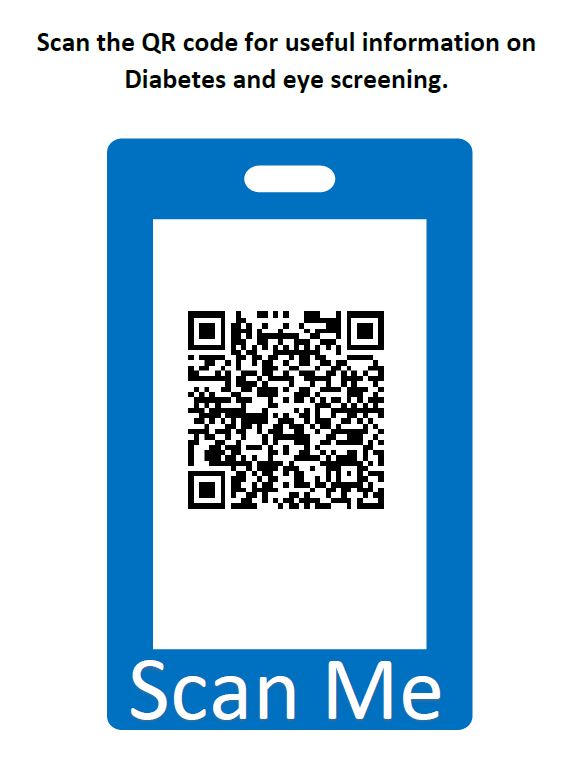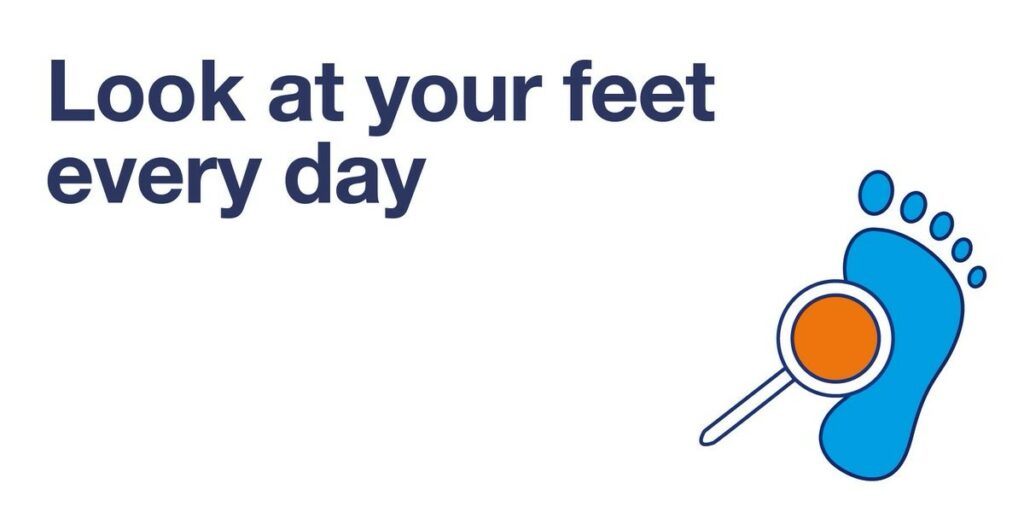Information provided by diabetes.org.uk
Types of diabetes
There are two main types of diabetes: type 1 and type 2.
When you’ve got type 1 diabetes, you can’t make any insulin at all. If you’ve got type 2 diabetes, it’s a bit different. The insulin you make either can’t work effectively, or you can’t produce enough of it. They’re different conditions, but they’re both serious.
Other types of diabetes include gestational diabetes, which some women may go on to develop during pregnancy. And there are many other rarer types of diabetes such as type 3c and Latent Autoimmune Diabetes in Adults (LADA) too.
In all types of diabetes, glucose can’t get into your cells properly, so it begins to build up in your blood. And too much glucose in your blood causes a lot of different problems. To begin with, it leads to diabetes symptoms.
What causes diabetes?
What all types of diabetes have in common is that they cause people to have too much glucose (sugar) in their blood. But we all need some glucose. It’s what gives us energy. We get glucose when our bodies break down the carbohydrates that we eat or drink. And that glucose is released into our blood.
We also need a hormone called insulin. It’s made by our pancreas, and it’s insulin that allows the glucose in our blood to enter our cells and fuel our bodies.
One in 15 people in the UK have diabetes, including one million people who have type 2, but haven’t been diagnosed.
If you don’t have diabetes, your pancreas senses when glucose has entered your bloodstream and releases the right amount of insulin, so the glucose can get into your cells. But if you have diabetes, this system doesn’t work.
Symptoms of diabetes
The common symptoms of diabetes include:
- Going to the toilet a lot, especially at night
- Being really thirsty
- Feeling more tired than usual
- Losing weight without trying to
- Genital itching or thrush
- Cuts and wounds take longer to heal
- Blurred vision
We’ve got more information about the signs and symptoms of diabetes, as well as advice about what to do if you have some.
Diabetes complication
Diabetes – related conditions
Prediabetes – Non Diabetic Hyperglycaemia
How to prevent Type 2 Diabetes occuring by participating in the National Diabetes Prevention Programme https://www.england.nhs.uk/diabetes/diabetes-prevention/
https://www.diabetes.org.uk/preventing-type-2-diabetes/prediabetes
Managing your diabetes
Diabetes research
Diabetes Risk Score
10 Tips for Healthy Eating with Diabetes
SGLT-2 inhibitors and rare side effects in Type 2 diabetes – Fournier’s Gangrene Risk
Diabetic Eye Screening
Diabetes is the leading cause of preventable sight loss in adults, so don’t lose sight of your screening appointment
FREE annual diabetic eye screening for people with diabetes aged 12 years and older.

If you have diabetes, you will receive an invitation to attend for screening. This invitation is not the same as your regular sight test at your Opticians which you should still attend.
The examination includes eye drops to dilate your pupils and then digital photographs will be taken of the back of your eyes (the retina). These photographs are then reviewed by accredited specialists.
For more information, take a look at the NHS website
GM screening clinics in the Stockport area are:
- Cheadle Hulme Library, Mellor Rd, Cheadle Hulme, Cheadle, SK8 5AU
- Jinkinson Opticians, 21 The Bramhall Centre, Bramhall, Stockport, SK7 1AW
- Roger Fisher Opticians, 29 Stockport Road, Marple, Stockport, SK6 6BD (Patients to ring opticians as they book patients)
- St Mary’s Church Hall, 8 St Mary’s Dr, South Reddish, Stockport SK5 7AX
- Stockport County FC – Players Entrance, Edgeley Park, Hardcastle Road, Stockport, SK3 9DD (Not suitable for bariatric wheelchairs)
- Tiviot Dale Methodist Church(SLBM Only) Tiviot Dale, Stockport, SK1 1TA
- Woodley Village Surgery, Hyde Road, Woodley, Stockport, SK6 1ND
If you have NOT received an appointment letter, please contact the Booking Office (8am – 8pm) on 0161 464 3000 or [email protected]

How to Look after your feet
Put feet first – prevent amputations- Did you know ???
Diabetes leads to almost 9600 leg, toe or foot amputations every year. That’s 185 a week

Supporting patients living with diabetes during Ramadan
The risk of fasting for those living with diabetes can vary depending on the type of diabetes, blood sugar levels, medication taken and any other diabetes-related conditions. Diabetes UK has lots of really helpful information on their website to help keep people living with diabetes safe and well during Ramadan.
There is also a free online course to help support patients with diabetes during Ramadan, which outlines the health risks and principles of medication adjustment to help avoid fasting-associated complications.
Type 1 Diabetes SupportMyType1 Diabetes – free online support for patients and healthcare professionals
MyType1 Diabetes is a free online resource with tailored support to help adults in England live well with their type 1 diabetes.
It can help patients understand more about type 1 diabetes and increase their confidence in managing their condition through e-learning, signposting to local services and a wide-range of content available in 10 different languages including Polish, Spanish and Urdu.
The programme is for people over the age of 18, with type 1 diabetes and can be accessed by individuals, families, carers, and healthcare professionals.
